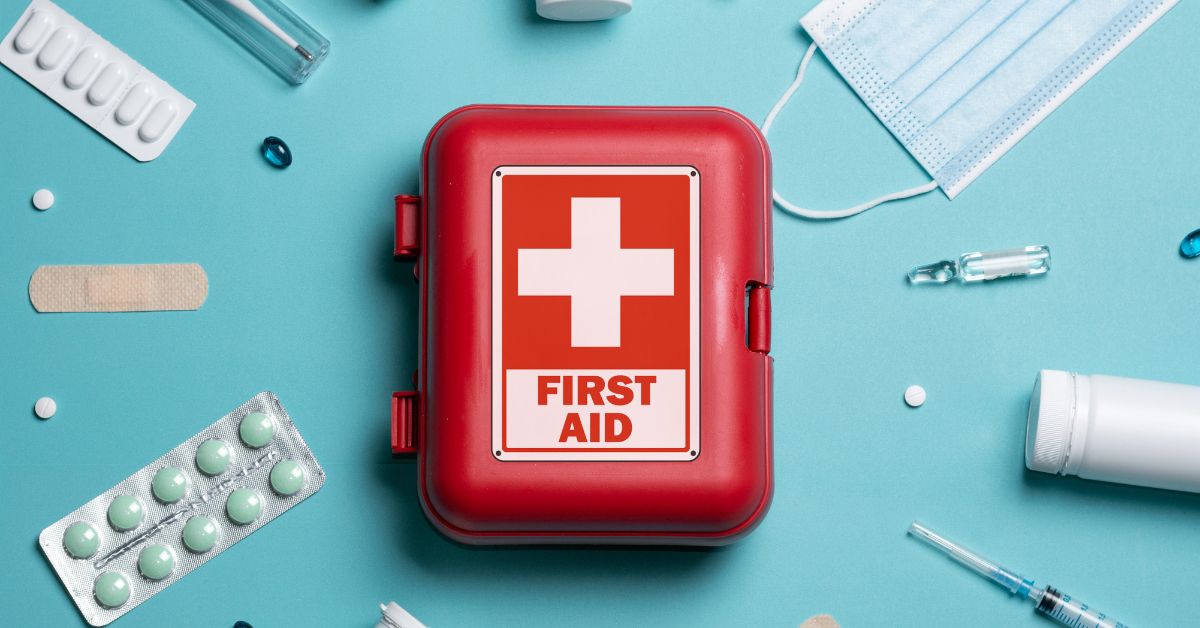What is the Common Cold?
The common cold is a viral infection that affects the upper respiratory tract, primarily the nose and throat. It’s one of the most frequent illnesses, especially among children. It’s typically mild and self-limiting, meaning it resolves on its own without specific medical treatment. Symptoms often include a runny or stuffy nose, sore throat, cough, congestion, slight body aches, sneezing, and low-grade fever. Despite being generally harmless, it can cause discomfort and disrupt daily activities.
What Causes the Common Cold?
The common cold is caused by a variety of viruses, with rhinoviruses being the most common culprit. These viruses spread easily through droplets in the air when an infected person coughs, sneezes, or talks. They can also be contracted by touching surfaces contaminated with these viruses and then touching the face, particularly the nose, mouth, or eyes.
What Should I Do Immediately?
Immediate steps to take to alleviate symptoms and prevent the spread of the virus are:
- Ensure the affected person gets plenty of rest to help the body fight off the virus.
- Drink plenty of fluids like water, herbal teas, and clear broths to stay hydrated. This helps thin mucus and keeps the throat moist.
- For children over six years old, over-the-counter cold medications may provide relief. Consult with a paediatrician before administering any medication to ensure it’s safe and appropriate for your child’s age and symptoms.
- Use a humidifier or vaporizer in your child’s room to keep the air moist. Taking steamy showers helps ease congestion and soothes irritated nasal passages.
- Warm liquids like tea or broth can soothe a sore throat. For children over one year old, honey can be added to warm drinks to help with coughing.
- Keep away from smoke and other pollutants that can further irritate the respiratory tract.
- Use saline nasal drops or sprays to relieve nasal congestion. For older children, nasal irrigation with a neti pot can also be effective.
When Does My Child Need to See a Doctor?
Certain situations where you should consult a doctor are:
- If cold symptoms persist beyond 10 days without improvement, it may indicate a secondary infection such as sinusitis or an ear infection.
- If your child has a high fever that lasts more than three days.
- Any signs of trouble breathing, rapid breathing, or wheezing require immediate medical attention.
- Persistent ear pain or drainage from the ear can indicate an ear infection.
- A very sore throat that makes swallowing difficult or is accompanied by a high fever may be a sign of strep throat, which requires antibiotics.
- If your child has a chronic health condition, such as asthma or a weakened immune system, they may need to see a doctor sooner as they are more at risk for complications.
When Should I Call Emergency Services?
Emergency medical services should be called if your child exhibits any of the following symptoms:
- If your child is struggling to breathe, or is making grunting noises while breathing.
- Bluish skin colour, particularly around the lips or face, indicating a lack of oxygen.
- If your child is very drowsy, difficult to wake, or unresponsive.
- Signs of dehydration appear including not urinating for eight hours, a dry mouth, or no tears when crying.
- Any seizure activity warrants immediate medical attention.
- High fever with severe headache could indicate a more serious infection, such as meningitis.
How to Prevent the Common Cold?
Prevention strategies that significantly reduce the incidence of colds
- Regularly wash hands with soap and water for at least 20 seconds, especially before eating and after being in public places.
- Keep distance from individuals who are sick and avoid sharing utensils, cups, or towels.
- Regularly clean and disinfect commonly touched surfaces like doorknobs, light switches, and toys.
- Maintain a balanced diet rich in fruits and vegetables to support the immune system.
- Ensure enough sleep as rest is crucial for a strong immune system.
- Drink plenty of fluids to keep the body hydrated and the immune system functioning optimally.
- Keep up to date with recommended vaccines, such as the flu shot, which can prevent influenza, a more severe respiratory illness often confused with the common cold.








